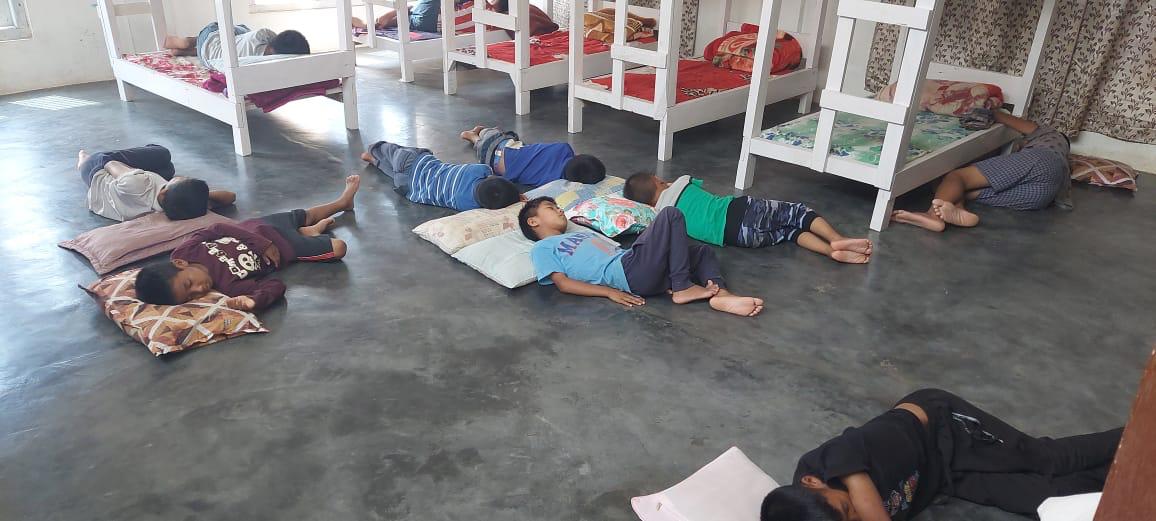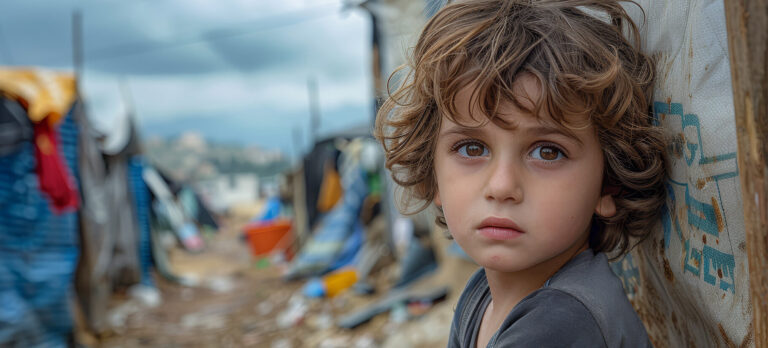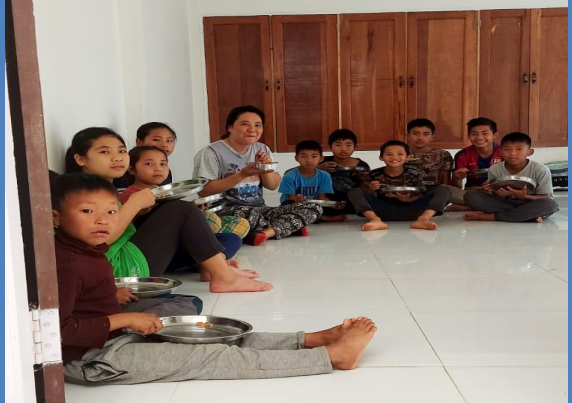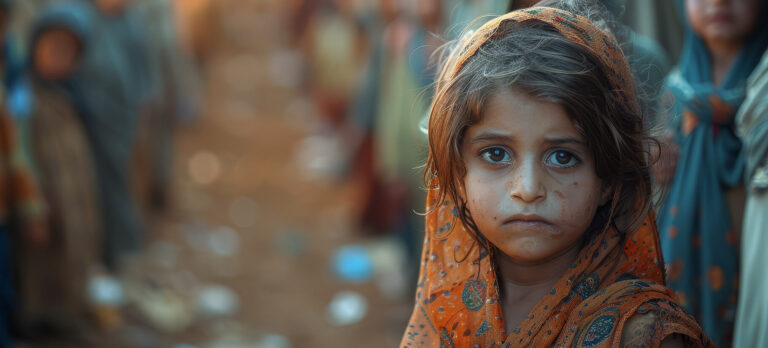Building Resilience: Essential for Climate Change Adaptation
India is one of the most disaster-prone countries in the world, facing recurrent and multiple hazards such as earthquakes, floods, cyclones, landslides, and droughts. Urban areas are increasingly vulnerable to fire hazards and hydro-geological disasters, while melting glaciers, biodiversity loss, shrinking water bodies, and fluctuating temperatures threaten food security, health, and access to clean water. These challenges have far-reaching consequences, especially for children, families, and communities already living under stress.
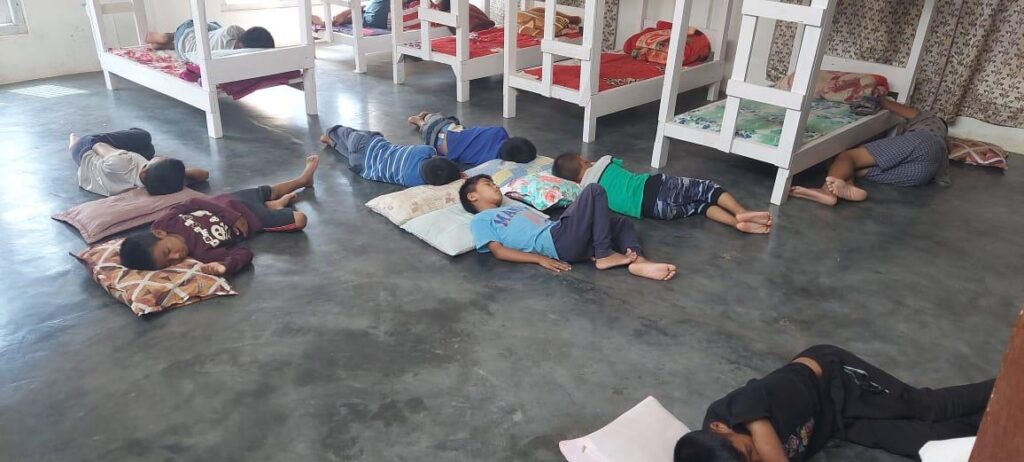
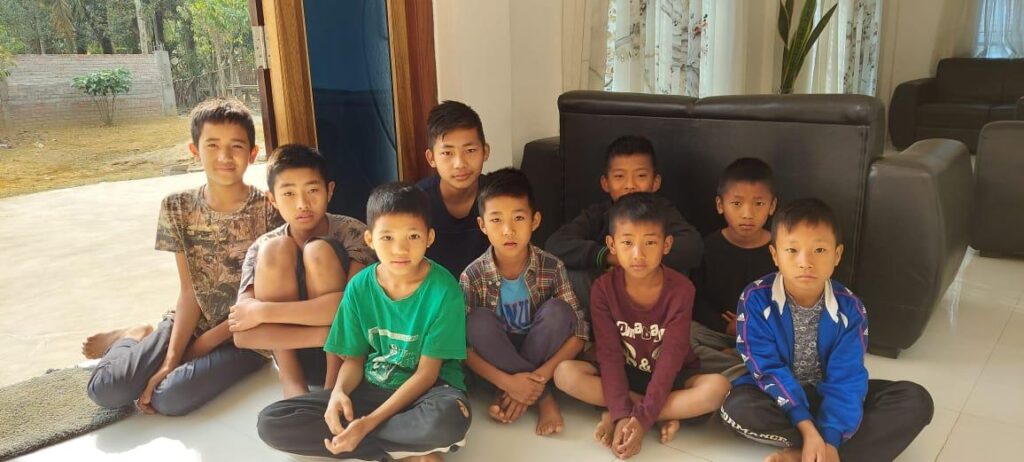
Impact of Climate Change on Children
The effects of climate change and environmental degradation on children—both girls and boys—are profound:
Increased susceptibility to hunger and malnutrition
Higher risk of vector- and water-borne diseases
Interrupted education due to floods, landslides, and heavy rains
Greater exposure to child labour, trafficking, early marriage, and gender-based violence
Children are among the most vulnerable, yet they are often overlooked in climate change discussions.
Our Commitment to Resilience and Climate Change Adaptation
At SHALOM EDUCATION AND CHARITABLE SOCIETY, building resilience and adapting to climate change is a priority area. Through our programs, we strive to address the growing impact of climate and disaster risks on marginalized children, families, and communities—especially women and girls.
Our Approach
Strengthening Knowledge & Capacity
Engage children, families, and communities in climate and disaster risk awareness.
Build resilience skills that empower local populations to adapt and respond effectively.
Community-Led Interventions
Promote nature-based solutions such as watershed development, biodiversity conservation, and protection of local forests.
Support child- and community-led initiatives for conserving shared resources.
Child-Centered Climate Adaptation
Collaborate with urban and rural governance bodies on child-focused, gender-inclusive climate plans.
Partner with schools in urban areas to encourage participatory environmental conservation led by children.
Livelihood Support for Vulnerable Families
Provide sustainable livelihood options to families most exposed to climate and disaster risks.
Focus on empowering vulnerable women with children by offering livelihood interventions.
Leveraging Technology & Innovation
Strengthen early warning systems for disaster preparedness.
Promote green energy alternatives, eco-friendly jobs, and entrepreneurship opportunities.
Towards a Resilient Future
We believe that resilience is the key to protecting children and communities against the shocks and stresses of climate change. By adopting inclusive, community-driven, and child-centered approaches, we can reduce vulnerabilities and create sustainable, climate-resilient futures for generations to come.
🌱 Join us in building resilience and securing a safer, greener, and more inclusive future for India’s children.

